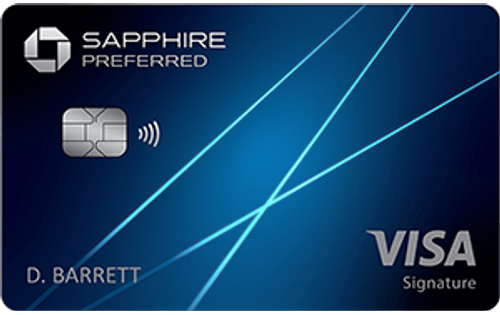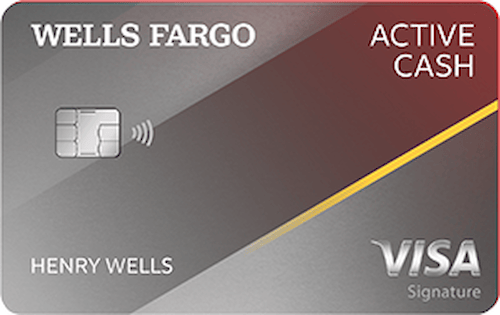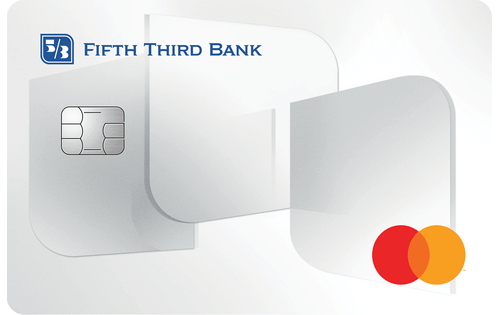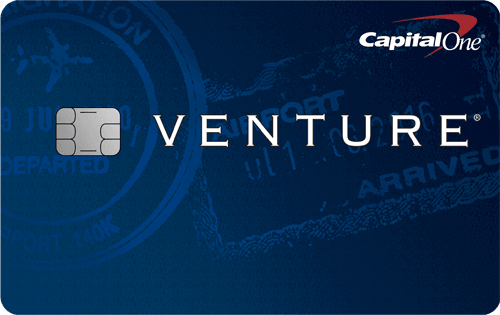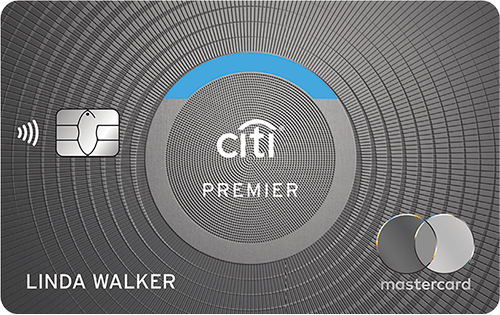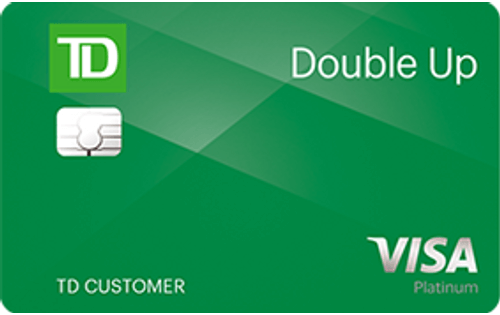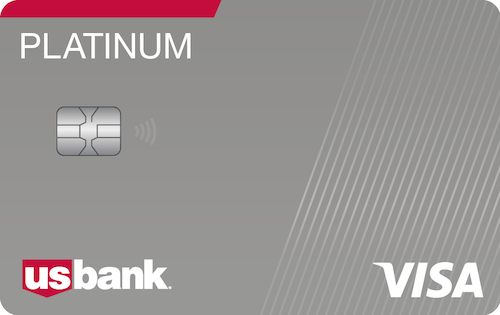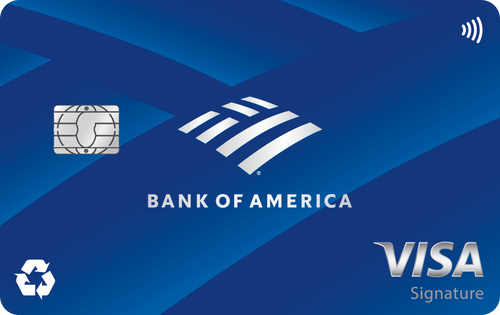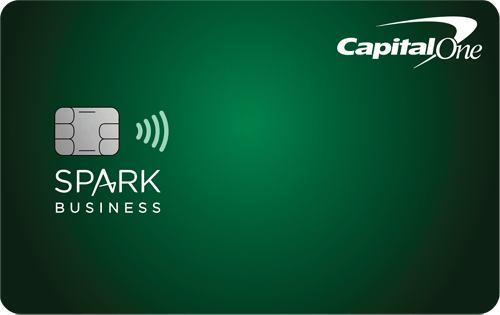- Our picks
- Picks by Credit Score
- How we picked the best cards
- Beginner's guide
- About the author
- User questions & answers
- Expert opinions
Our Picks for the Best Credit Cards for Excellent Credit
Credit cards for excellent credit tend to be the best cards on the market, but it’s still important to compare your options before applying if you really want to find an excellent credit card deal – at least the right one for your needs. WalletHub’s editors compared 1,500+ offers to find the very best credit cards for people with excellent credit scores. You can see a recap of their top picks in the most popular categories below.
Best Credit Cards for Excellent Credit Comparison
| Credit Card | Best For | Editor's Rating |
| Chase Sapphire Preferred® Card | Overall | 5/5 |
| Capital One Venture Rewards Credit Card (see Rates & Fees) | Travel Rewards | 5/5 |
| Wells Fargo Active Cash® Card | Everyday Cash Back | 5/5 |
| Citi Premier® Card | Initial Bonus | 4.6/5 |
| Fifth Third 1% Cash/Back Card | 0% Intro APRs | N/A |
| Capital One Spark Cash Select for Excellent Credit (see Rates & Fees) | Business Rewards | 4.2/5 |
It’s important to note that you don’t have to pick just one of the best credit cards for excellent credit. You could try the Island Approach, by getting a card for each of your biggest needs. For example, you could apply for a rewards credit card to use for everyday expenses and later get a 0% credit card to avoid interest on big purchases or balance transfers. It's a great way to save because you can assemble the best rewards and the best rates rather than settling for average terms on a single card. Just don’t apply for multiple cards at once.
Picks by Credit Score
- Best credit cards for 750 credit score
- Best credit cards for 760 credit score
- Best credit cards for 770 credit score
- Best credit cards for 780 credit score
- Best credit cards for 790 credit score
- Best credit cards for 800 credit score
- Best credit cards for 810 credit score
- Best credit cards for 820 credit score
- Best credit cards for 830 credit score
- Best credit cards for 840 credit score
- Best credit cards for 850 credit score
How We Picked the Best Credit Cards for Excellent Credit
To find the best credit cards for people with excellent credit, WalletHub’s editors regularly compare more than 1,500 credit card offers in search of the most elite options in the most popular usage categories. We consider a range of card terms, from rewards and fees to interest rates and other WalletHub Rating components, and crunch the numbers to find the cards best positioned to maximize cardholder savings and minimize costs over a period of multiple years.
How Two-Year Cost Is Calculated
Two-year cost is used to approximate the monetary value of cards for better comparison and is calculated by combining annual and monthly membership fees over two years, adding any one-time fees or other fees (like balance transfer fees), adding any interest costs, and subtracting rewards. Negative amounts indicate savings. When fees or other terms are presented as a range, we use the midpoint for scoring purposes.
Rewards bonuses and credits have been taken into account for two-year cost calculations. However, bonuses applicable to only a very small portion of cardholders are not considered. For example, credits and bonuses awarded for spending or redeeming rewards through a company portal with non-co-branded cards have not been taken into account. Similarly, bonuses and credits related to spending with specific merchants using a non-co-branded card have not been taken into account (for example, if Card A offers credits with DoorDash, this feature would not be factored into calculations because it is hard to assess how many cardholders would use the benefit or exactly how much value they'd get from it).
Cardholder Spending Profiles
Given that different users have different goals and are likely to use their credit cards differently, we identified spending profiles that are representative of different users’ financial priorities and behaviors. For each cardholder type, we have assumed a specific amount of monthly spending by purchase type (e.g., groceries, gas, etc.), as well as an average balance, balance transfer amount, amount spent on large purchases and average monthly payment. Spending assumptions are based on Bureau of Labor Statistics data for consumers and PEX data for businesses.
Beginner’s Guide to Credit Cards for Excellent Credit
What Counts as Excellent Credit?
A credit score of 750 - 850 counts as excellent credit. Around 22% of people have an excellent credit score, according to WalletHub data. Having an excellent credit score and a good debt-to-income ratio should make it easy to qualify for most financial products, including credit cards, personal loans, auto loans and mortgages.
You can learn more from WalletHub’s guide to excellent credit.
How to Get an Excellent Credit Score
To get an excellent credit score, you generally need to use credit cards or loans responsibly for several years. Your credit score is based on the information in your credit report, which is supplied by creditors, and that information needs to show that you consistently borrow within your means and pay your bills on time.
The easiest way to build an excellent credit score is to get a credit card account in your name as soon as possible. Credit cards report information to the major credit bureaus on a monthly basis, whether you use them to make purchases or not. You can gradually build an excellent score by making purchases and paying them off on schedule, or by simply making sure any fees are paid and maintaining a $0 balance.
You can get your own credit card account when you’re 18 years old, assuming you have enough independent income to afford the monthly bill payments. You can also get a card as an authorized user when you’re younger.
If you already have a good or average credit score and you’re looking to graduate to excellent, reducing your credit utilization is one way to get quick results. Staying patient and continuing to pay your credit card bills on time every month should eventually get you there, too.
You can check your credit score for free right here on WalletHub to see where you stand right now. You’ll also get personalized credit improvement advice and access to our credit score simulator with your free account.
How Long Does It Take to Get Excellent Credit?
It takes at least 3 - 5 years to get excellent credit in most cases. It depends on where your score is to start and what information you have flowing into your credit reports. You will reach excellent credit soonest if you have at least one credit card account that’s in good standing and you never have late payments reported to the credit bureaus.
WalletHub’s credit score simulator can give you a sense of exactly how long it’s likely to take you to build excellent credit.
What Credit Card Benefits Do You Get With Excellent Credit?
Excellent credit qualifies you for the best credit cards on the market, which means you pretty much get your pick of the best rewards, the best financing promotions, and a wide range of secondary benefits.
Examples of the perks available from credit cards for excellent credit include:
- Airport lounge access
- Travel credits
- Rideshare and food delivery credits
- Travel insurance
- High credit limits
- Initial rewards bonuses
- High ongoing rewards rates
- Long 0% intro APR offers
- Extended warranties
- Purchase protection
- Elite status in hotel/airline loyalty programs
- Free flights/hotel nights
- Rental car insurance and discounts
Are Credit Cards for Excellent Credit Worth It?
Credit cards for people with excellent credit are worth it because the best ones can save eligible applicants $1,500+ in just the first two years, according to WalletHub’s calculations. The best credit cards for excellent credit tend to offer valuable rewards, long 0% periods or both. Some also have no annual fee, while those that charge membership fees can still be worth getting given the rewards and perks the fee unlocks.
However, it is important to note that credit cards that require excellent credit at a minimum aren’t necessarily better than cards that will accept people with good credit, too. Some of the best credit cards available right now are open to people with good or excellent credit.
The key is to find the best terms for the types of transactions you plan to make. You can learn more from WalletHub’s overview of what to look for when comparing credit cards.
Tips for Choosing a Credit Cards for Excellent Credit
- Cut your options in half.
Do you want rewards or financing? It’s as simple as choosing between paper and plastic at the grocery store, and this decision will split the universe of credit cards for excellent credit into an even smaller segment. It all comes down to whether you plan to pay your bill in full each month. If you do, go with rewards. If you don’t, focus on 0% cards.
From there, you can reduce your list of viable options even further by choosing between cash back and travel rewards or 0% purchases and 0% balance transfers.
- Be realistic about your travel habits.
A lot of people want travel rewards credit cards but don’t really need them. If you’re in the market for rewards, as opposed to 0% rates, you need to consider what type of card will allow you to earn the most value and redeem often enough to actually enjoy the fruits of your labor. So leave the travel cards to frequent travelers, not the folks who take a trip or two per year.
- Use the Island Approach.
No credit card is perfect, offering the best possible terms in every category, from fees to rewards to interest rates. So don’t go looking for a single card to meet all of your needs. Instead, consider using a few different cards, each of which is designated for a specific type of transactions. For example, one card could be for gas rewards, another for everyday cash back and another still for paying down a big-ticket purchase over time. That’s called the Island Approach.
- Don’t be scared of annual fees.
Paying an annual fee isn’t necessarily a bad thing when you have excellent credit. If doing so enables you to get far better terms than are available from no annual fee credit cards and thus save more money overall, then it’s money well spent. You just have to factor such fixed costs into your calculations.
- Understand excellent credit won’t always cut it.
Excellent credit doesn’t guarantee you approval for an excellent-credit credit card. A number of other factors are in play, too, including your income and existing debt obligations. So if you want to maximize your chances of getting your top credit-card choice, focus on improving your complete financial picture.
